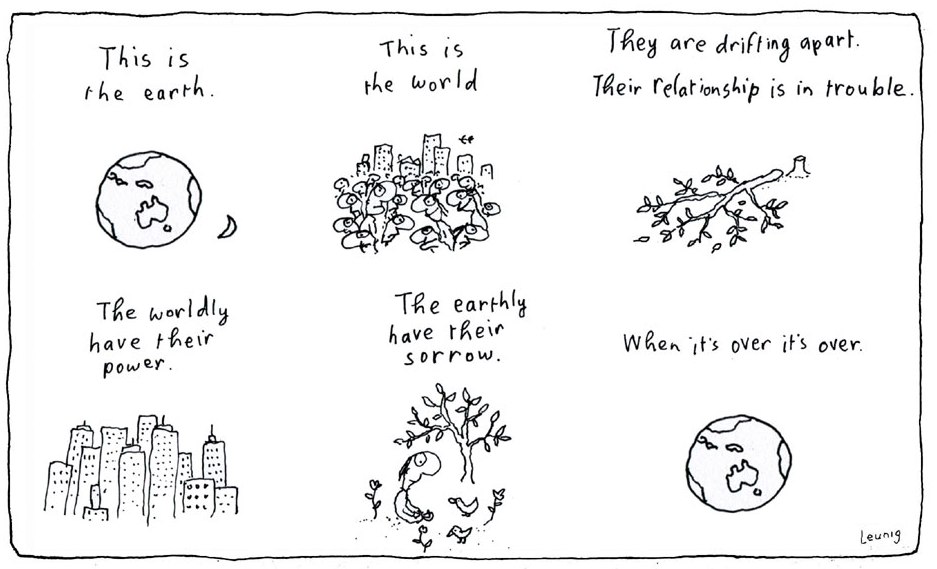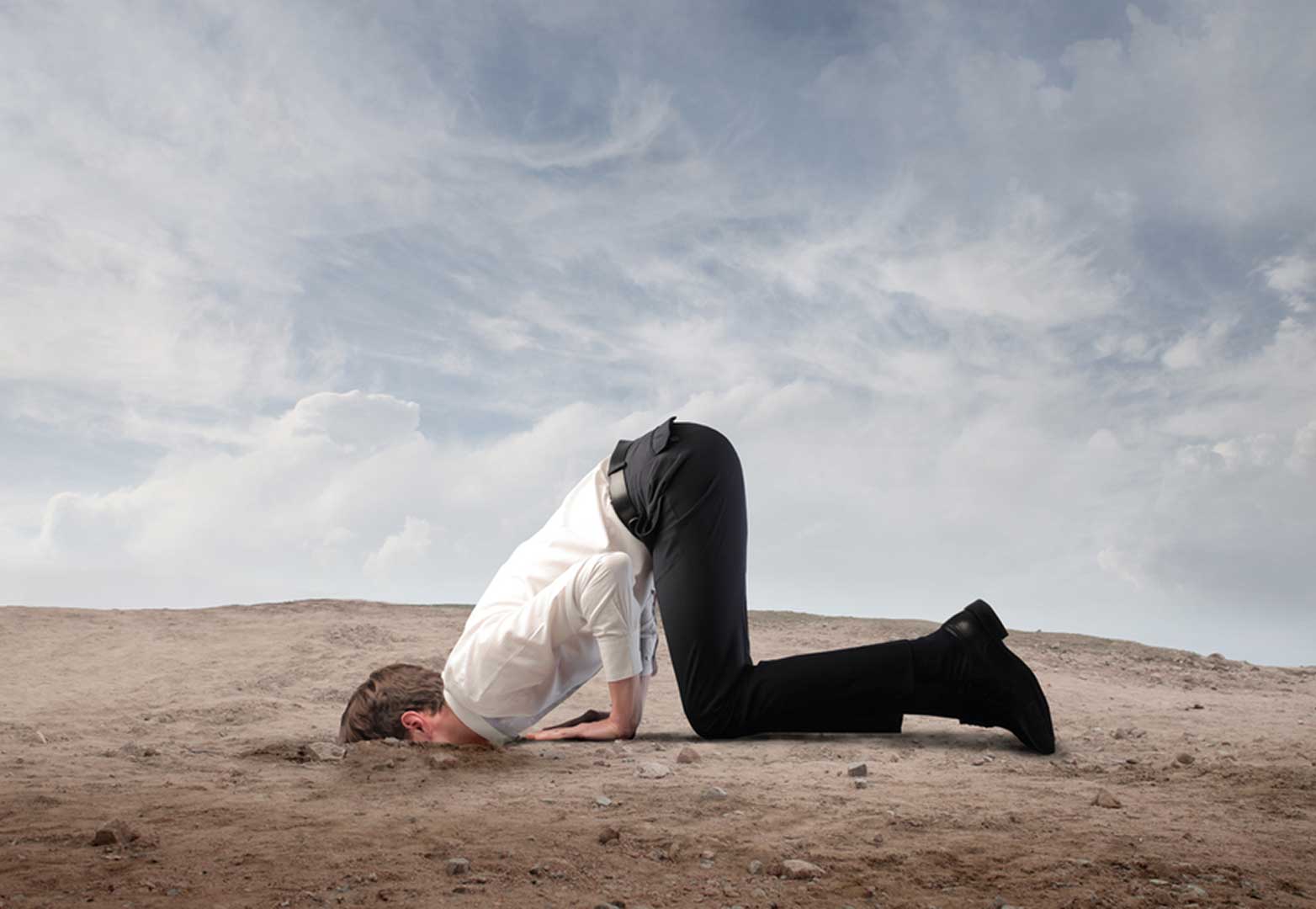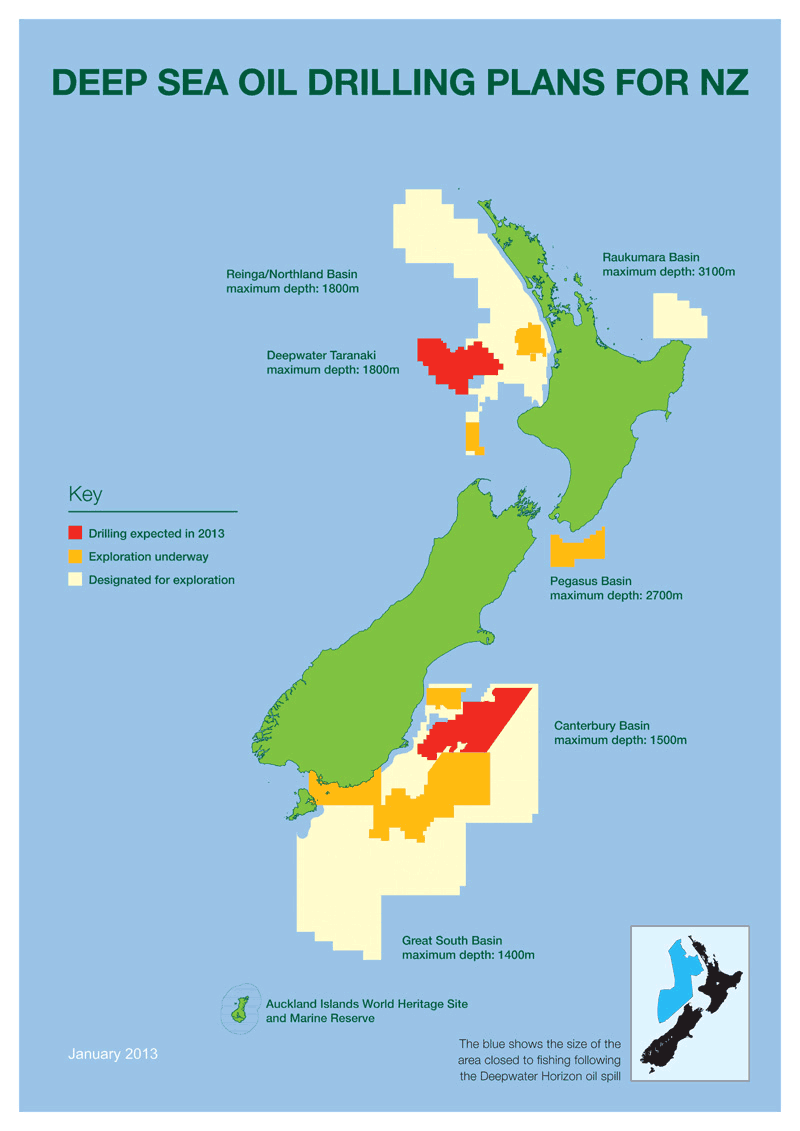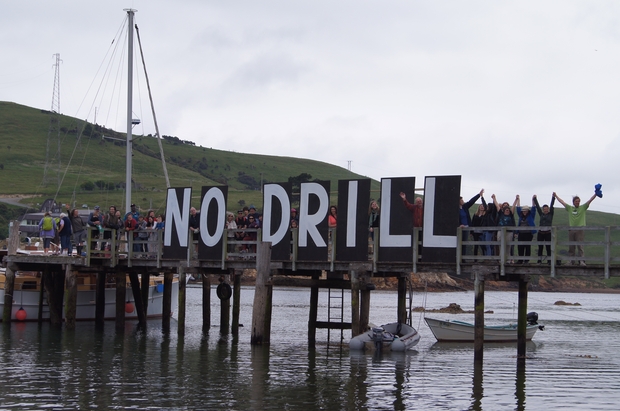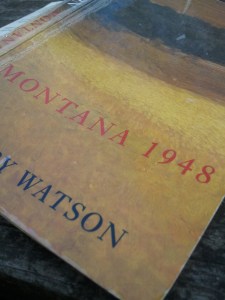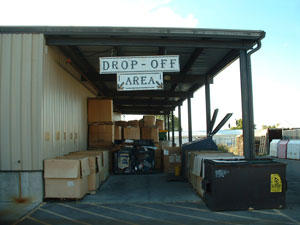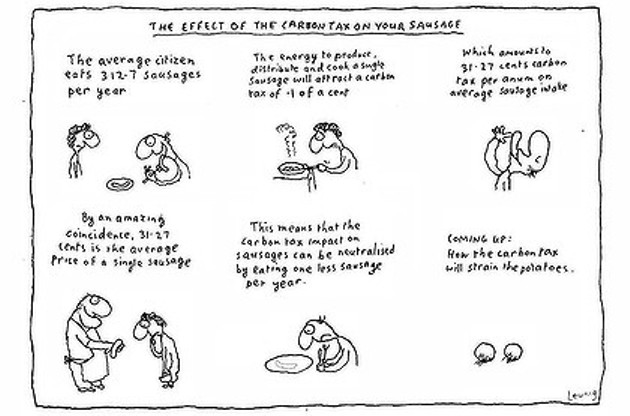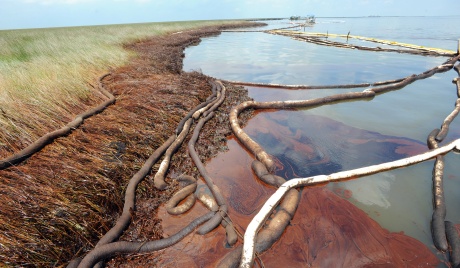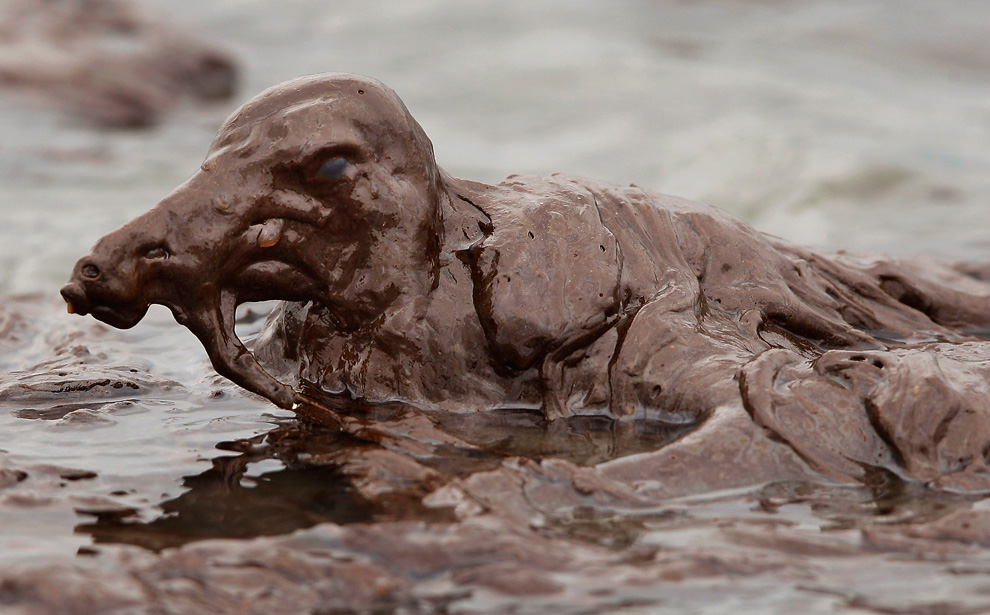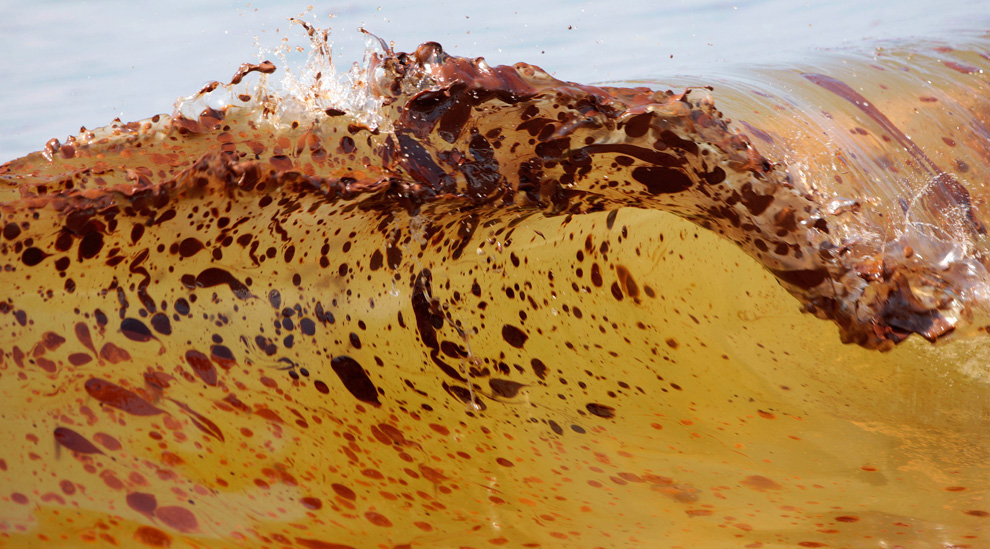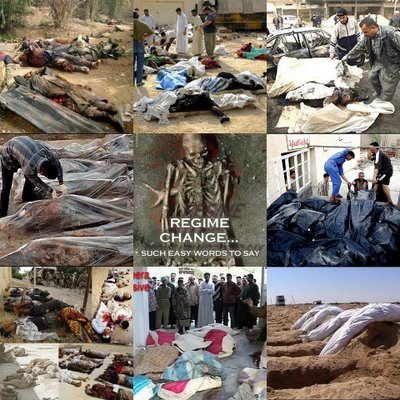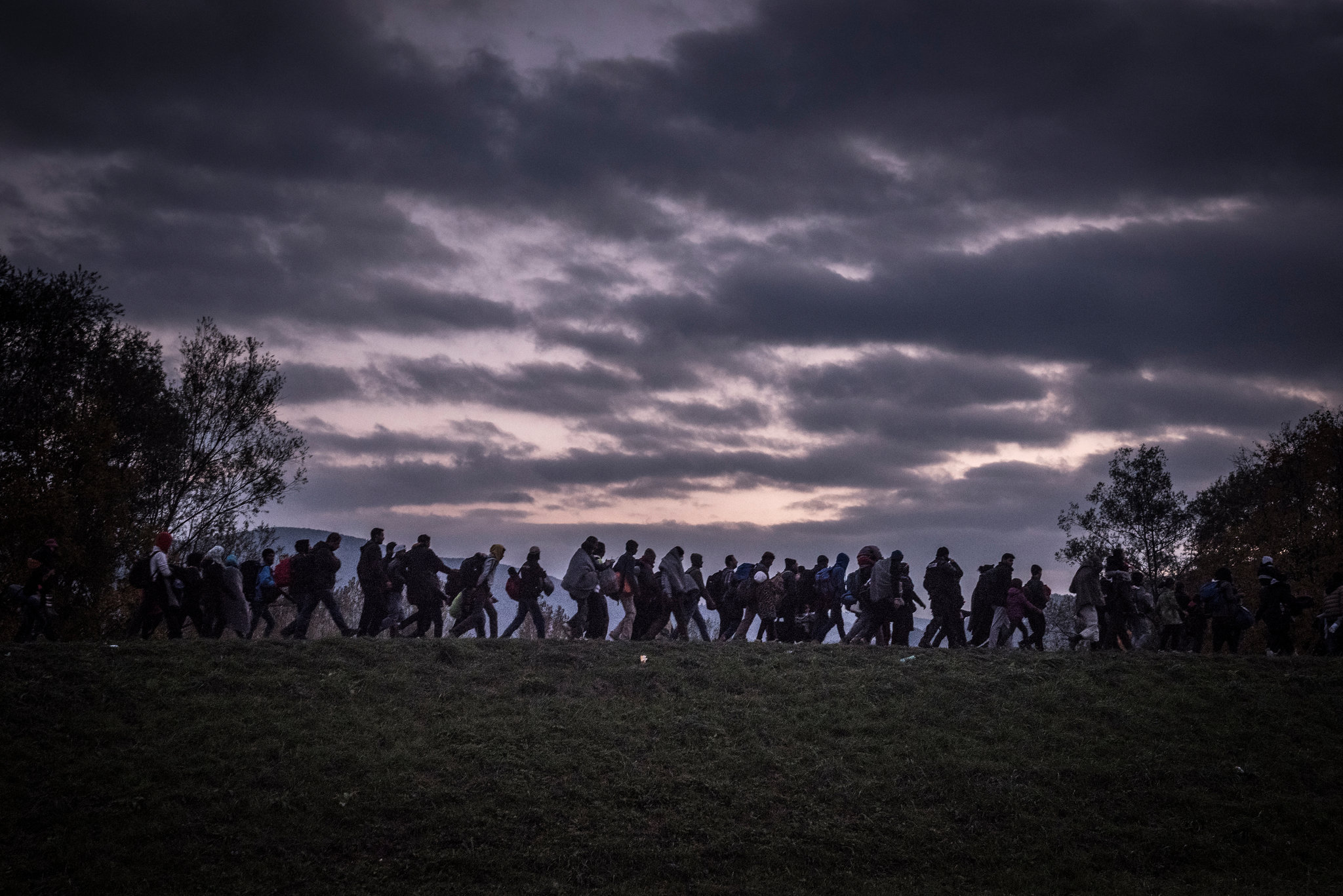
A guest post by Byron Smith
Why is climate change so often treated as ‘merely’ an environmental issue? Why are the true nature and scale of its implications for public health, water stress, food security, mass migration, global stability, conflict and ecological collapse so rarely spelled out in public? Whose interests are served by keeping this as an issue for tree huggers, bushwalkers and other nature lovers? And why do we keep getting told to recycle or change our lightbulbs when it only takes a few moments to realise that far, far more is needed?
Make no mistake: the scale of the climate crisis is so large as to threaten life as we know it. This includes placing into doubt the ongoing existence of global industrial society in its current form. Our climate-disrupting carbon pollution (mainly from burning coal, oil and gas) is the largest experiment we’ve ever conducted and though we might not yet know all the details, that the net outcome is likely to overwhelmingly, even catastrophically, negative is not in serious doubt. When you actually explore the fairly middle of the road likely impacts from continuing on a fossil-fuelled trajectory for a few more decades, it pretty quickly becomes apparent that we’re not just talking about things getting a little rougher at the margins. We’re looking at whole ecosystems (like the Great Barrier Reef) collapsing, agricultural production being smashed, trillions of dollars of infrastructure threatened, tens or hundreds of millions of people being displaced and all the consequent implications for global stability these imply.
To depart from such a trajectory onto a path where the societal damages might be merely substantial or staggering (rather than potentially fatal) requires the almost complete transformation of a number of the most powerful and profitable industries on the planet. This can be done, from a technological and economic point of view, and would even bring a whole range of co-benefits (such as avoiding most of the seven million annual deaths currently resulting from air pollution), but the losses in such a transition would be concentrated in many of the most powerful organisations on the planet. The losers would be all the companies (and shareholders) heavily reliant upon keeping dirty energy dirt cheap, but also those nations with the largest fossil fuel reserves.
Thus, for some time it has been in the interests of a lot of powerful people and organisations *not* to articulate clearly and repeatedly what is at stake. Most major corporations, corporate media and almost all governments know that outright denial is no longer tenable in the face of such an overwhelming consensus of data and experts. Yet many of these groups also recognise the hugely disruptive implications of directly acknowledging the scope of our predicament. Doing so would require huge changes to the status quo, the situation from which they currently benefit the most.
So, as a more or less deliberate way of keeping such explosive knowledge from affecting the population too drastically, the problem gets pegged as an ‘environmental’ issue. This stalling tactic ensures that it stays somewhere down the list of priorities; we’ll get to it at some point in the distant future and/or take a few symbolic greenwashing actions to create give an impression of being in control. While not directly embracing denial outright, this enables the proposal of various half and quarter measures that give the appearance of action without rocking the boat too much.
As an added bonus, the nature of climate science helps in this effort. Although the core of the science (enough to realise that serious action in required) can be well understood in a few minutes by anyone who completed primary school science, the details get incredibly complex. This provides countless opportunities for a deliberate misinformation campaign to throw plenty of dust into the air. Furthermore, the fact that the problem is cumulative and unfolds over decades helps to reduce the chance it was gain the same level of political urgency as a recession (or even the latest celebrity scandal).
But this isn’t just a story about nefarious entities keeping an innocent public in the dark. By and large, the public simply don’t want to know. Awakening to the scale of our predicament is deeply unsettling for most of us, and challenges basic cultural narratives by which we orient our lives (and for Christians, even some cherished theological assumptions). Since few of us like to have our identity upended, it suits most of us to keep the issue at arm’s length as well, embracing denial, or not looking too closely, or taking the word of political elites that their half-baked schemes will do the trick, or if a glimpse of the horror slips though then quickly putting it in the ‘too-hard-and-what-can-I-do-anyway’ basket.
Now there are in fact many experts, professional groups and advocacy groups who do articulate the climate issue through all its various implications, rather than treating it as ‘just’ an ‘environmental’ one. But they rarely get featured prominently or repeatedly in mainstream media. (By the way, this is one of the reasons why relying on corporate media to tell you which stories matter is a recipe for rarely/never hearing about stories that challenge the rule of the corporations.) And political leaders whose parties are funded and supported by fossil interests are unlikely to make more than superficial or very gradual changes. It is telling that in most political contexts, the parties that embrace actions more commensurate with the scale of the challenge are generally those that refuse support from corporations. Yet in Australia, this basically means the Greens, whose climate policies (while certainly not perfect) have been a couple of decades ahead of the majors. Ironically, however, this just reinforces for most people the idea that caring about climate is something basically reserved for ‘greenies’. Another win for the minimising ‘environmental’ framing.
Nonetheless, there are signs this may be gradually changing. For instance, President Obama has used the national security framework more than a couple of times (and has been relentlessly hounded by Republicans and corporate media pundits for doing so), as have a few other international leaders. But even then, the choice of framing remains primarily a vehicle for reinforcing the status quo (or a slightly modified form of it). For the US president to talk about national security functions first and foremost to imply not ‘let’s transform our dirty energy system and the dirty politics it helps engender’ so much as ‘let’s increase military/security spending some more’.
In this context, one of the most radical acts possible for an ordinary citizen is to open oneself to the full implications of climate science, to seek to understand why the status quo has failed to deal with this, to embrace the very uncomfortable emotional experiences this typically generates, and then to start thinking through what is actually necessary for a sane and just response (rather than merely what is deemed possible under assumptions acceptable to those currently in power).
And my hunch is that this is going to involve not just lots more clean energy while rapidly phasing out dirty energy, but also confronting the dirty politics that upholds the latter far past its use by date.
[Image: Sergey Ponomarev, The New York Times]
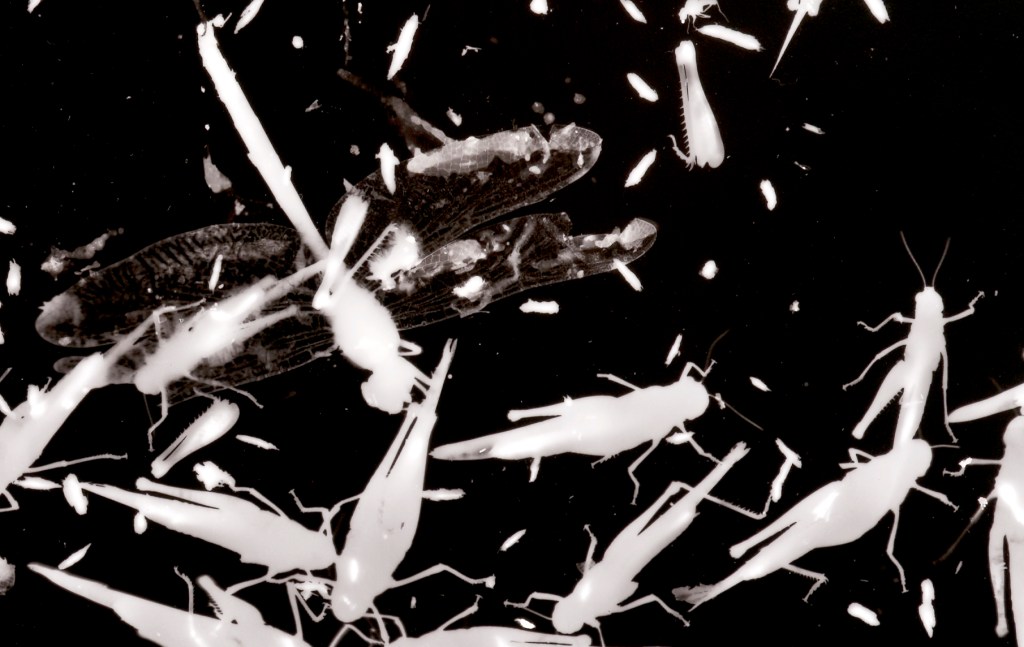
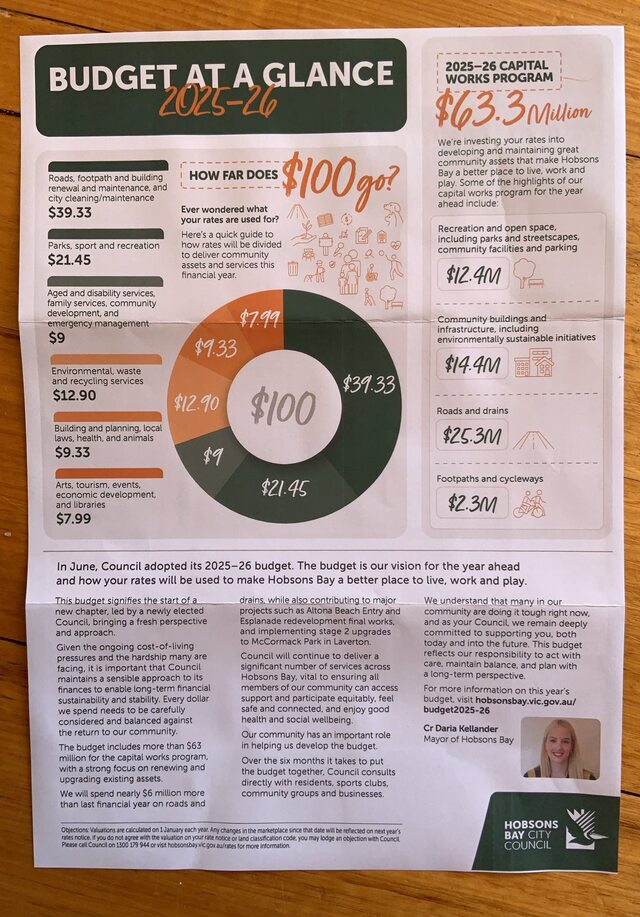
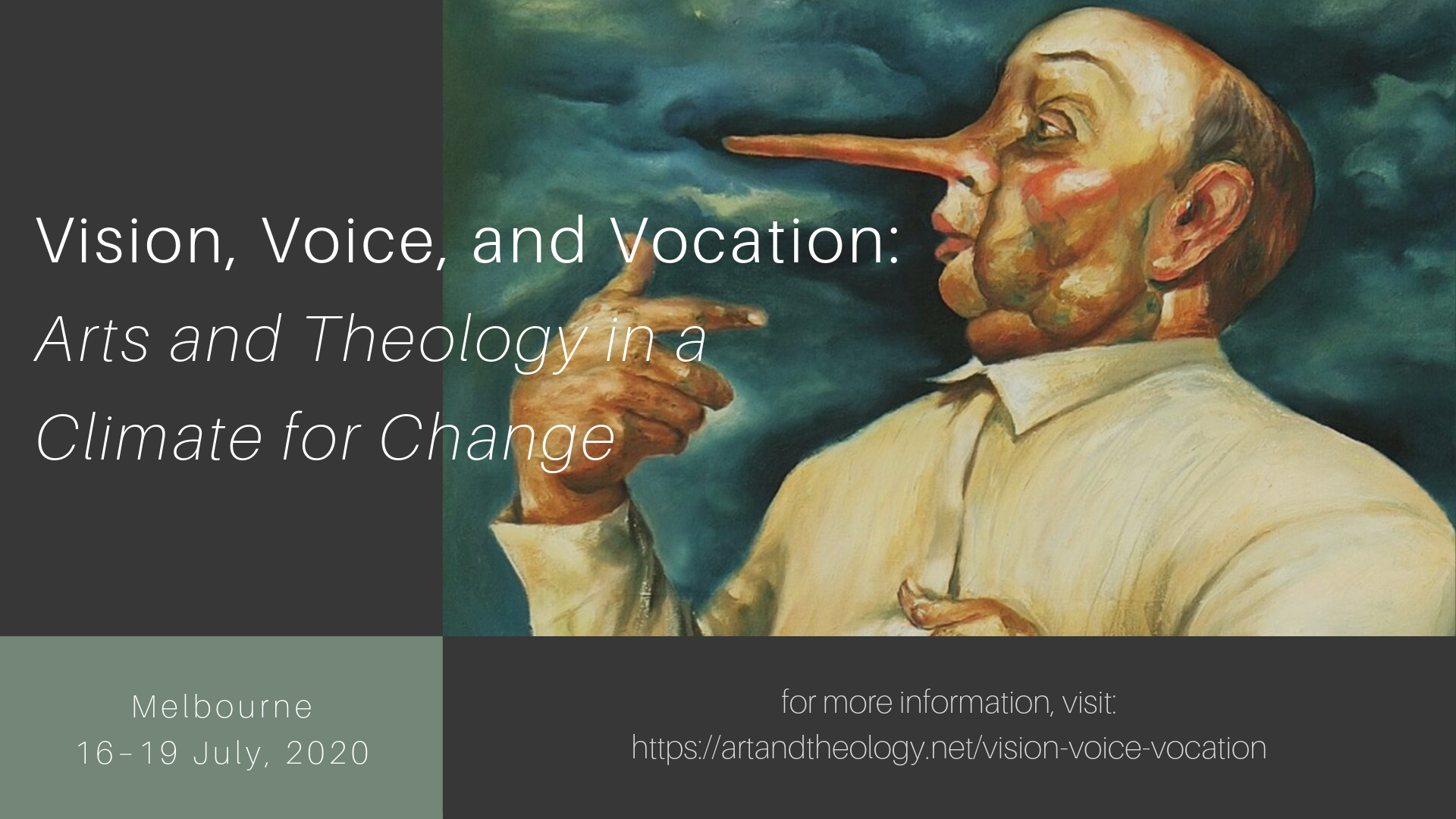
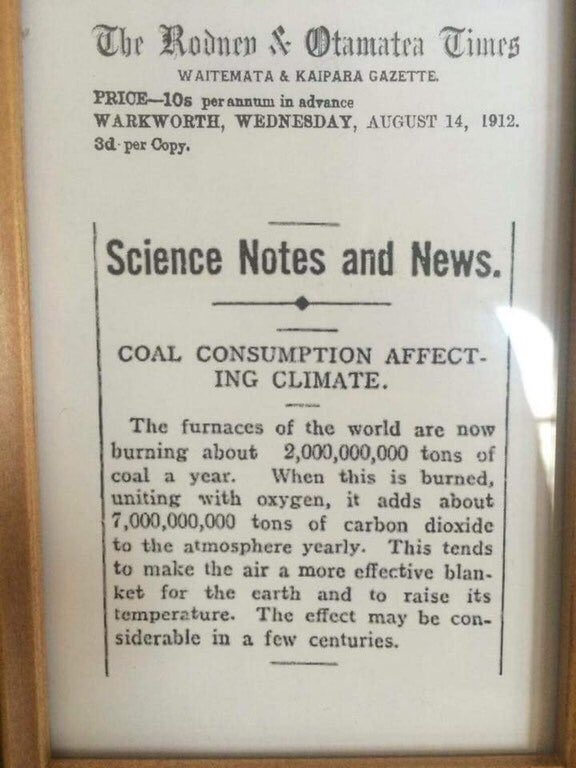
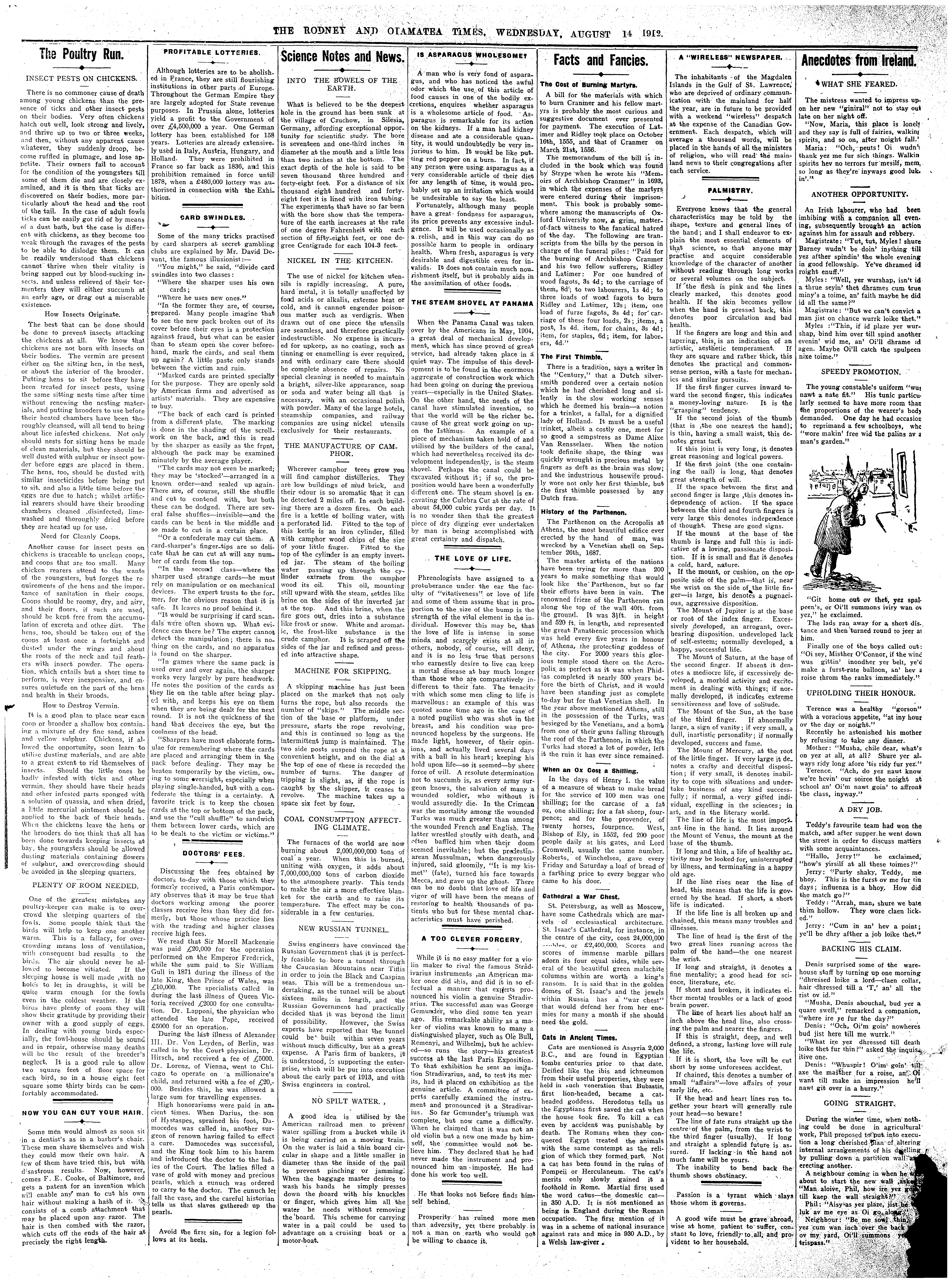

 The LARB has published
The LARB has published 

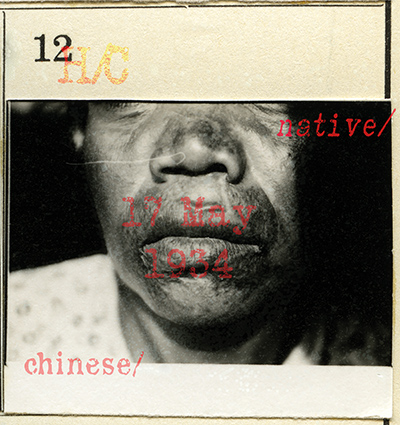

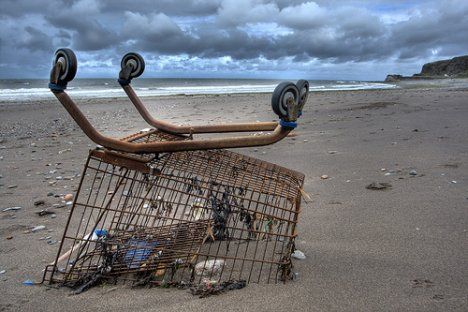 The poet and novelist George Mackay Brown is well-known for his love of place, and for his laments about their destruction with the advent of stuff like concrete, plastic bottles, portable transistor radios, and what he describes as the ‘menace of cars’, indeed with all signs of industrialization.
The poet and novelist George Mackay Brown is well-known for his love of place, and for his laments about their destruction with the advent of stuff like concrete, plastic bottles, portable transistor radios, and what he describes as the ‘menace of cars’, indeed with all signs of industrialization.